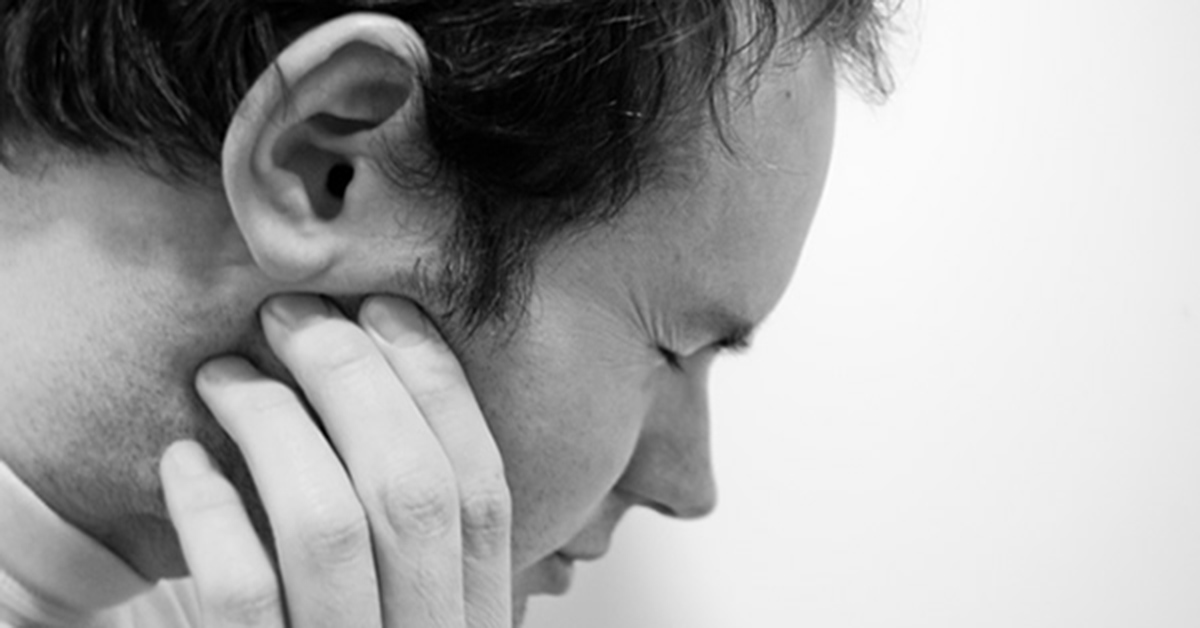
Temporomandibular Joint Disorder(TMJ) is a pretty common ailment affecting more than 10 million people in India and covers a variety of conditions. TMJ joint acts like a moving hinge and connects your jaws and skull. When there is a problem with the hinge connecting the upper and lower jaw, then it is called a TMJ joint disorder. Being one of the most complex joints in the body responsible for a range of jaw movements, a problem may cause much inconvenience and a visit to a
dentist becomes vital.
While the exact cause of TMJ disorder is
hard to pinpoint, what is most important to remember is that in most cases, the
ailment is temporary and can be reversed with non-surgical treatments and
proper care. Here is how you can detect a TMJ disorder:
- Headaches and swelling in the eyes: In cases of headaches or swelling, it is advised that you take an over the counter nonsteroidal anti-inflammatory drug like ibuprofen. TMJ headache is usually caused because of the muscle tense up. The occurrence of a headache also denotes that there might be issues related to osteoporosis or osteoarthritis. It is best that you consult a dental doctor for clear advise on the next steps.
- Pain in the jaws when you open your mouth.
- Hard to move jaw or facial muscles.
- Sound of clicking in your jaw when opening the mouth.
- Restricted movement with respect to your jaw muscles.
- Pain experienced when performing normal activities like chewing, biting, yawning, etc..
- Sensitivity of the jaw increases.
- Asymmetrical upper and lower jaw.
- Pain experienced by you around the ear.
- Swelling in the face.

Treatment:
Whilst the symptoms might vary from
individual to individual, if you find yourself facing one or more of the
symptoms that are mentioned above, it is mandatory that you consult with a
dental doctor on what needs to be done to assuage the pain and rectify TMJ disorder.
Here are some treatment options that you can pursue:
- Try
to eliminate pain in the muscles and jaws by consuming painkillers and
relaxers.
- By
wearing an appliance like bite plate, you could reduce the involuntary
grinding.
- Avoiding
hard food and consuming liquid and semi-liquid food as much as possible.
- Reducing
stress related actions that may lead to clenching of your teeth or jaws often.
- Check
yourself for arthritis as this may influence the presence and symptoms of TMJ
disorder.
- Develop
better oral habits and avoid clenching and grinding of teeth voluntarily.
- Learn
oral techniques and exercises that can be practised to reduce jaw pain.
- Apply
an ice pack on the affected region to reduce the pain.
- Check
for any injuries that you might have missed. There are studies that show
injuries increase the occurrence of a TMJ disorder.
 Temporomandibular Joint Disorder(TMJ) is a pretty common ailment affecting more than 10 million people in India and covers a variety of conditions. TMJ joint acts like a moving hinge and connects your jaws and skull. When there is a problem with the hinge connecting the upper and lower jaw, then it is called a TMJ joint disorder. Being one of the most complex joints in the body responsible for a range of jaw movements, a problem may cause much inconvenience and a visit to a dentist becomes vital.
While the exact cause of TMJ disorder is
hard to pinpoint, what is most important to remember is that in most cases, the
ailment is temporary and can be reversed with non-surgical treatments and
proper care. Here is how you can detect a TMJ disorder:
Temporomandibular Joint Disorder(TMJ) is a pretty common ailment affecting more than 10 million people in India and covers a variety of conditions. TMJ joint acts like a moving hinge and connects your jaws and skull. When there is a problem with the hinge connecting the upper and lower jaw, then it is called a TMJ joint disorder. Being one of the most complex joints in the body responsible for a range of jaw movements, a problem may cause much inconvenience and a visit to a dentist becomes vital.
While the exact cause of TMJ disorder is
hard to pinpoint, what is most important to remember is that in most cases, the
ailment is temporary and can be reversed with non-surgical treatments and
proper care. Here is how you can detect a TMJ disorder:




